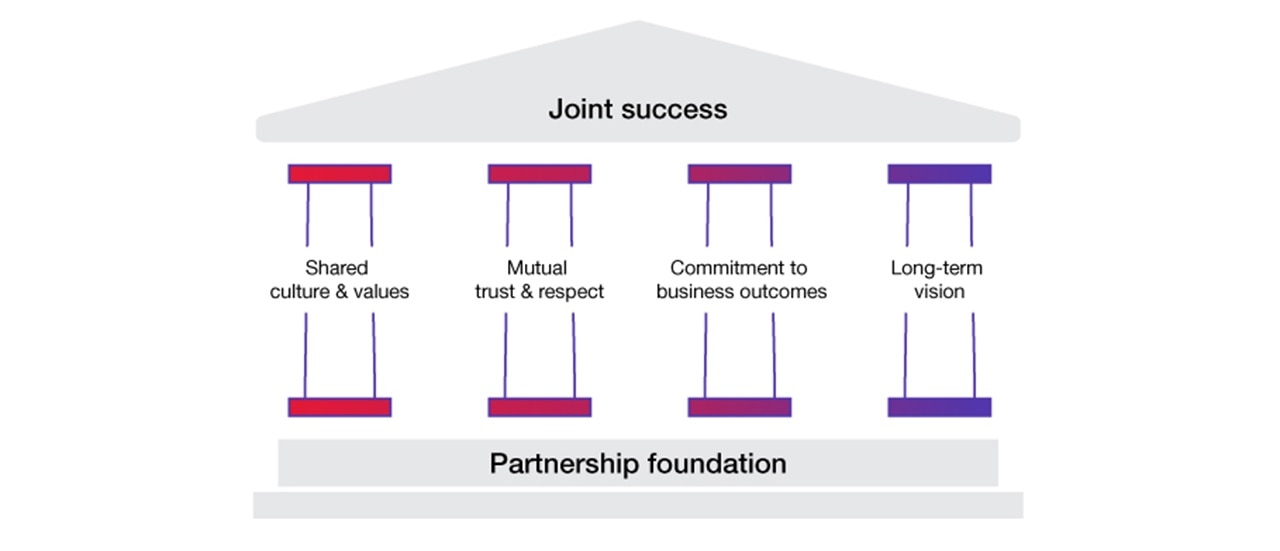I’ve been in business development my entire career, and I’m passionate about sales ethics and meeting my clients' expectations. Recently, I’ve been engaged in conversations about what it means to be a “trusted advisor.” A trusted advisor used to mean something specific; now it seems everyone claims to be one. Yet being a trusted advisor—or trusted partner—isn’t something you can just claim. It must be earned.
Don’t get me wrong. There are many individuals and professional services firms that are excellent solution specialists in their respective areas, and they bring real value to the table. In fact, most businesses rely on an ecosystem of providers to bring forward value in product knowledge, specific skillsets, and business and technical expertise.
Yet the role of a trusted advisor is different.
Trusted advisors demonstrate the ability and desire to proactively provide new information and insights that disrupt conventional thinking and inform changes to an organization’s long-term vision and strategy. They find ways to impact client business outcomes in new and different ways.
As a buyer of IT and business consulting services, you should first determine the type of relationship you seek: Do you need a trusted advisor, or are you looking more for solution specialists to fill a specific need? If you seek a relationship with a services provider that will proactively bring unique points of view and disruptive ideas to the table, how do you evaluate those that have the potential to fill that role?
Here are three primary questions to answer when determining the best-fit person or firm to serve as a trusted advisor to you and your organization.
- Do they understand your industry and your business? This depth of understanding doesn’t come with a few days of research and prep for a meeting. Does the provider have access to true industry-recognized specialists who have been in your shoes? Do they have the experience, expertise and capacity to solve your operating unit’s specific business problems?
- What was the focus of your first meeting with them? If the service provider starts your first meeting with a company background PPT deck about themselves and a product pitch, okay. They might have some value to add, but are they thinking strategically? However, to be considered as a potential trusted advisor, they should instead focus on sharing valuable market insights and trends and take time to learn more about your situation and position in your industry relative to your competitors.
- How do they engage? Are they assuming a problem out of the starting gate and immediately offering to provide product demos? Or are they offering to engage in a consultative manner early on, bringing in industry or operational specialists to help evaluate your needs and identify Strategic Themes of value to jointly build your internal business case for investment in a long-term solution roadmap? If the latter, this represents a more strategic approach that could lead to a trusted advisor relationship.
This diagram represents the key pillars that are essential to building a trusted advisor relationship that leads to joint client and provider success.
From a provider’s perspective, when my clients proactively call for advice about business strategy and market or industry insights, I know we have achieved trusted advisor status.
Want to learn more about the core tenets of working with a trusted advisor? Feel free to contact me, and I welcome the opportunity to exchange additional ideas on business development and enablement topics.






